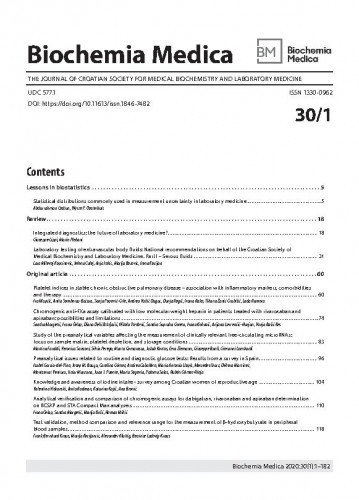Rejection of the sample with repeated blood withdrawal is always an unwanted consequence of sample nonconformity and preanalytical errors,especially in the most vulnerable population – children. Here is presented a case with unexpected abnormal coagulation test results in a 2-yearoldchild with no previously documented coagulation disorder. Child is planned for tympanostomy tubes removal under the anaesthesia drivenprocedure, and preoperative coagulation tests revealed prolonged prothrombin time, activated partial thromboplastin time and thrombin time,with fibrinogen and antithrombin within reference intervals. From the anamnestic and clinical data, congenital coagulation disorder was excluded,and with further investigation, sample mismatch, clot presence and accidental ingestion of oral anticoagulant, heparin contamination or vitamin Kdeficiency were excluded too. Due to suspected EDTA carryover during blood sampling another sample was taken the same day and all tests wereperformed again. The results for all tests were within reference intervals confirming EDTA effect on falsely prolongation of the coagulation times inthe first sample. This case can serve as alert to avoid unnecessary loss in terms of blood withdrawal repetitions and discomfort of the patients andtheir relatives, tests repeating, prolonging medical procedures, and probably delaying diagnosis or proper medical treatment. It is the responsibilityof the laboratory specialists to continuously educate laboratory staff and other phlebotomists on the correct blood collection as well as on its importancefor the patient’s safety.
Sažetak

 Biochemia medica : the journal of Croatian Society for Medical Biochemistry and Laboratory Medicine : 30,1(2020) / glavna i odgovorna urednica Daria Pašalić.
Biochemia medica : the journal of Croatian Society for Medical Biochemistry and Laboratory Medicine : 30,1(2020) / glavna i odgovorna urednica Daria Pašalić.